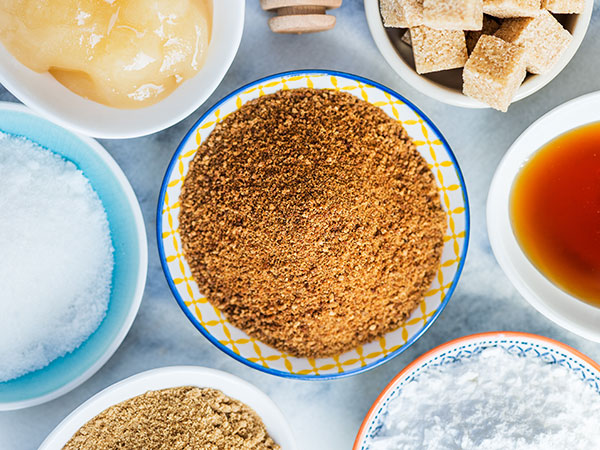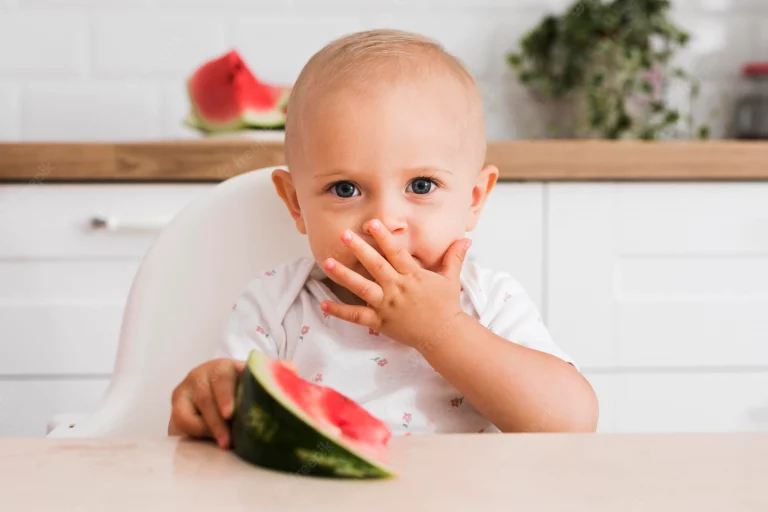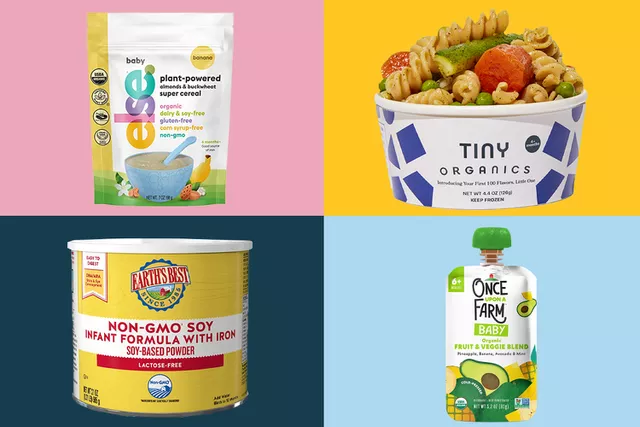Added Sugars in the Diet
What are added sugars?
Added sugars are sugars that don’t occur naturally in a food. For example, some sugar is naturally occurring in food like fruits and dairy products. Added sugars include sucrose, dextrose, table sugar, brown sugar, honey, syrups, fruit juice concentrate, and molasses to name the most common. Food that are often high in added sugars include baked goods, desserts, sugar-sweetened beverages, juice, candy, and sugar-sweetened dairy products such as ice cream and chocolate milk.
How much should we have?
It is recommended that children ages 2-18 limit added sugars to less than 25 grams per day. That is equivalent to about 6 teaspoons. It is ideal for children under age 2 to avoid added sugars all together.

Why should we avoid added sugars?
Added sugars do not provide our bodies with any nutritional benefits. They are often referred to as “extra” or “empty” calories. Limiting these empty calories is important for overall health and maintaining a healthy weight. Additionally, consuming added sugars can take the place of nutrients our body needs to function at its best! All carbohydrates, including added sugars, are broken down to glucose which is used for energy. We need this energy to do all of our daily activities and exercise. If we consume more energy than we are able to utilize for energy it can cause fat to build up on the liver and/or difficulty maintaining appropriate blood sugars.
How do you know how many added sugars are in a food?
A food label will tell you how many sugars are in a food and how many of those sugars come from added sugars – see the example below! Foods that do not have a food label tend to be unprocessed, whole foods that don’t contain any added sugars, such as fruits and vegetables.

Written by Rachel Eichholtz, MS-MPH, Dietetic Intern






















